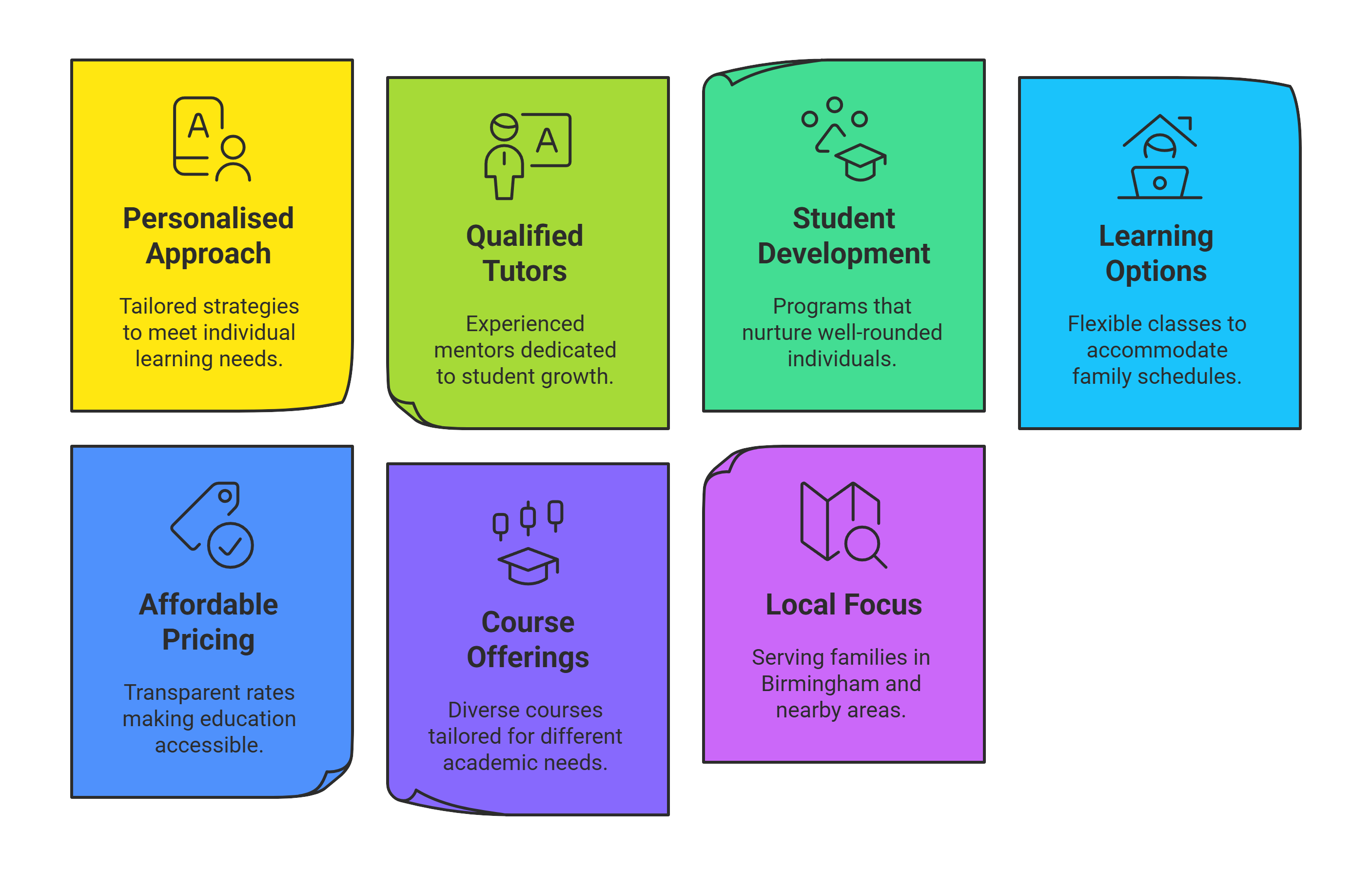Hey there, fellow parents—and maybe a curious student or two! If the words “11 Plus exam” have recently crept into your life, perhaps whispered over coffee at the school gates or scribbled in a Year 6 newsletter, you’re probably feeling a mix of intrigue and mild panic. I get it—I’ve been there. When my son first brought home chatter about the 11+, I pictured some grand academic showdown, complete with ticking clocks and furrowed brows. Turns out, it’s not quite as dramatic as that, but it is a big deal for families eyeing grammar school entry in the UK. So, let’s sit down together—imagine we’re sharing a cuppa—and I’ll walk you through it all, from what this test actually is to how we tackled it at home.This isn’t some stiff, robotic rundown. I’m a mum who’s lived this journey—twice, actually, with two very different kids—and I’m here to spill the beans: the good, the tricky, and the “why didn’t anyone tell me this sooner?” bits. We’ll cover everything: what the 11 Plus entails, why it’s worth the fuss, how it’s set up, what your child will face, and—most importantly—how to prepare without losing your sanity (or theirs). Plus, I’ll weave in some real-life nuggets from our family’s experience and give a friendly nod to Pass 11 Plus Grammar, a lifeline we stumbled upon that’s been helping kids nail this test for over 25 years. No sales pitch, just a heads-up about a resource that worked wonders for us.Oh, and since this is 2025 prep season (for entry in September 2026), I’ll make sure you’ve got the latest dates and details—especially if you’re aiming for gems like King Edward VI Camp Hill in Birmingham or King Edward VI Academy in Spilsby. Ready? Let’s dive in and make sense of this 11+ adventure together!
So, what’s this 11 Plus exam all about? Picture your child in Year 6—10 or 11 years old, hair still a mess from PE, chatting about their day. Then, bam, they’re gearing up for a test that could land them a spot in a grammar school. That’s the 11+ in its simplest form: an entrance exam that selective, state-funded grammar schools in England use to pick their Year 7 students. The name comes from the age kids start secondary school (11), though they sit the test a year earlier, usually in September of Year 6.But it’s not your typical school quiz. Forget reciting times tables or spelling “necessary” (though that’s handy too). The 11+ digs into how your child thinks—their knack for solving word riddles, spotting patterns in weird shapes, or crunching numbers under a time crunch. It’s less about what they’ve memorized and more about their raw brainpower. When my son, Jack, took it, I was floored by how much it stretched him beyond his usual homework. He’d come home buzzing about cracking a code where “A = 1, B = 2,” and I’d think, “When did you turn into a mini detective?”Grammar schools—like the King Edwards in Birmingham or Spilsby—use this test to cherry-pick kids who’ll thrive in their fast-paced, brainy world. These aren’t private schools with hefty fees; they’re free, state-funded, but selective based on ability. Think of it as a golden ticket to a top-notch education—if your child can handle the challenge. And trust me, it’s a challenge worth understanding.
[caption id="attachment_9955" align="alignnone" width="2814"]

Grammar School Preparation[/caption]The 11+ is an England-only affair—Scotland and Wales skip grammar schools entirely, and Northern Ireland has its own thing called the Transfer Test. Here, it’s all about Year 6, specifically the autumn term. For the 11 Plus exams 2025, we’re talking September 2025, with some areas spilling into early October. If your child passes, they’ll start Year 7 in September 2026. Mark those dates—time flies when you’re juggling school runs and practice papers!Where they take it depends on your patch. In Birmingham, it might be at a swanky King Edward VI school—think Camp Hill Boys or Girls—or a test centre if you’re applying to a consortium (a group of schools sharing one exam). In Lincolnshire, Spilsby’s King Edward VI Academy might host it, or you’ll head to a local spot listed by the council. Registration opens in spring or summer 2025—April or May typically—so dig out your laptop and check your target school’s website or your local authority’s page (like grammarschools.lincs.sch.uk for Lincs folks). I nearly missed ours once because I thought “Oh, I’ll do it later”—don’t be me! Set a phone alert and get it sorted early.
Here’s where it gets juicy—and a tad confusing. The 11+ isn’t a uniform test across England; it morphs depending on the school or region. Most fall under two big players: GL 11+ Assessment (the popular kid, used by over 80% of grammar schools) or CEM (the quirky cousin). Some schools even cook up their own bespoke versions. Let’s unpack it like we’re sorting laundry—piece by piece.
Some schools, like rebels at a picnic, whip up their own tests. You might see:
Most exams clock in at 2 hours total—two papers with a quick break to stretch legs and grab a snack. Jack once said it felt like “a marathon for my pencil.” The catch? Stuff like Verbal and Non-Verbal Reasoning isn’t taught in class—it’s pure problem-solving, which is why prep matters.
Let’s not kid ourselves—the 11+ is no walk in the park. It’s built to snag the top 25% of Year 6 kids—those who’d ace school reports with “exceeding expectations” or “greater depth.” Even brainy ones can trip up, though. It’s not just about knowing 7 x 8 (though that helps); it’s thinking on your feet with a clock ticking. Lily breezed through English but froze on reasoning—shapes and codes threw her for a loop until we practiced. The pass mark varies—220+ might cut it in Lincolnshire, but Birmingham’s fierce competition could push it higher. It’s tough, but that’s the point: grammar schools want kids who can handle the heat.
Most 11+ tests are multiple-choice—kids shade circles (A-E) on a grid, and a fancy Optical Mark Recognition machine zips through the scoring. No human squinting at smudgy writing here! Then comes the clever bit: age-standardisation. Say Jack’s 10 years, 8 months on test day—his score gets a tiny boost compared to an older 11-year-old, keeping it fair. The result? A Standardised Age Score (SAS)—a number from, say, 70 to 140-ish. Schools set their own cut-offs—220 in Spilsby, maybe 230+ in Birmingham—and might tweak weightings (e.g., more points for Maths). Check your school’s admissions page for the nitty-gritty—we pored over ours like treasure hunters!
Prep can feel like herding cats, but Pass 11 Plus Grammar turned chaos into calm for us. They’ve been at this for 25 years, boasting a 97% success rate—and I see why:
A Spilsby dad told me, “Pass made my girl believe she could do it—she’s at King Edward VI now!” For us, it was less about cramming and more about building confidence—priceless.
Here’s how we got Jack and Lily ready—practical stuff you can start now, March 2025:
We kept it fun—Jack once turned a reasoning puzzle into a spy mission. By September 2025, they were ready, not rattled.
For 11 Plus exams 2025, here’s your timeline:
So, there it is—the 11 Plus exam explained, straight from one parent to another. It’s a hurdle, sure, but with a sprinkle of prep and a lot of heart, your child can leap it. Whether it’s Birmingham’s King Edward VI or Spilsby’s gem, Pass 11 Plus Grammar—with 25 years and a 97% win rate—can lighten the load. Start today—March 2025—play some brain games, try a mock, and watch them soar. By September 2025, they’ll be test-day pros, and by September 2026, they might just be grammar school kids!Still curious? Ring Pass at +44 787 1008 108 or peek at pass11plusgrammar.co.uk—let’s make this a win for your family!
[caption id="attachment_9139" align="aligncenter" width="1080"]

Contact Us[/caption]Ready to give your child the best chance of success? Take the first step towards excellence with Pass 11 Plus Grammar :
